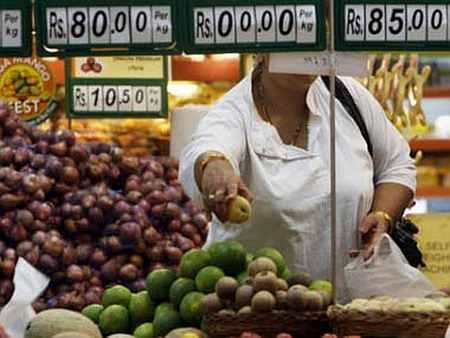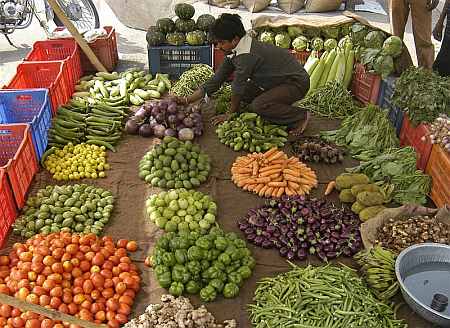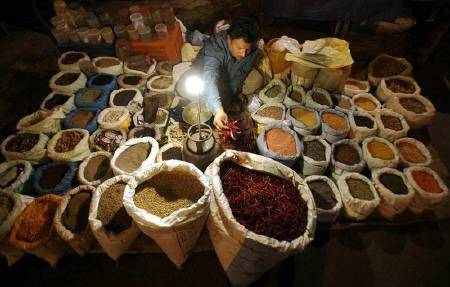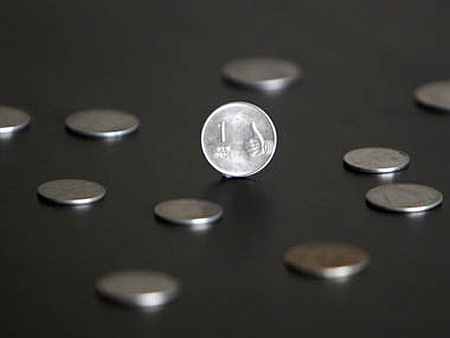Photographs: Reuters Malini Bhupta in Mumbai
Inflation data for June has not brought any cheer to the markets. From this data, the possibility of a rate cut is negligible. Deficient monsoons and higher food prices would make any rate action difficult.
Primary food prices have moved up to 10.8 per cent year-on-year in June. Though the fuel price inflation has fallen marginally to 10.3 per cent, if the government increases the price of diesel, it would again start trending upwards.
Though the WPI inflation seems to have stabilised around seven per cent, deficient rains will bump up food prices.
...
Bad News: Upside risks to inflation persist
Photographs: Reuters
Higher food and fuel costs, if diesel prices are raised in August, would impact both headline and core inflation.
Deficient rains are a big overhang and could wreak havoc on food prices. More than an adverse impact on GDP growth, a deficient monsoon imposes upward pressure on inflation, say economists.
Over the next few months, Ritika Mankar, economist at Ambit Capital, expects two metrics to turn adverse.
...
Bad News: Upside risks to inflation persist
Photographs: Reuters
She explains: "First, food inflation will inch up owing to deficient rains and then core inflation will rise owing to the second round impact of high food inflation.
History suggests that in years of deficient rains, prices of two to three kharif crops (rice, maize, jowar, bajra, oilseeds and pulses) typically go up 20 per cent.
Given these upside risks to inflation, the Reserve Bank of India (RBI) is unlikely to administer a repo rate cut for the next few months."
...
Bad News: Upside risks to inflation persist
Photographs: Reuters
The only silver lining to all this is a slowing China. Commodity prices are expected to crack further, given China's sub-par growth.
Though the second half will see India's headline inflation inching up, cooling commodity prices would be a big relief.
Any quantitative easing from the developed world, coupled with weaker commodity prices, is ideal for India.
...
Bad News: Upside risks to inflation persist
Photographs: Mukesh Gupta/Reuters
While there's room for a further rate cut of 50 basis points through FY13, Mankar expects RBI to act only after October.
Nomura's chief economist for India, Sonal Varma, has a similar view. She says: "We expect all policy rates to remain unchanged on July 31. Eventually, rates have to come down. But for this scenario to play out, India's inflation has to sustainably decline at or below 6.5 per cent."







article